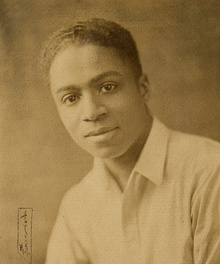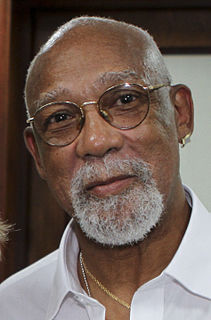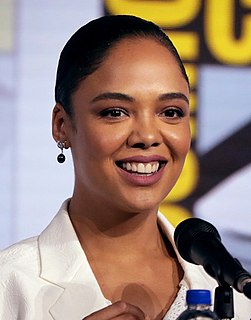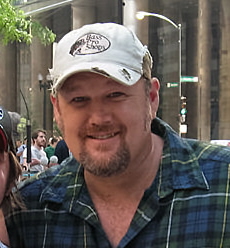A Quote by Wallace Thurman
The Negro and all things negroid had become a fad, and Harlem had become a shrine to which feverish pilgrimages were in order . . . Seventh Avenue was the gorge into which Harlem cliff dwellers crowded to promenade.
Related Quotes
We didn't sit around the dining table talking about Madam Walker, but the silverware that we used every day had her monogram on it and our china for special occasions had been Madam Walker's china... and the baby grand piano on which I learned to read music had been in A'Lelia Walker's apartment in Harlem during the Harlem Renaissance.
Harlem was a development, a developer's dream and a place where residents had more space and more amenities than ever before. The subway reached 145th street about 1904, and it seemed that Harlem's destiny was to become largely a preserve of successful ethnics relocating and arriving. Then, overnight, the bust took place.
Sara Blair's Harlem Crossroads is an important addition to the body of literature that currently exists about Harlem. It brilliantly illuminates the complex relationship between photographic representation and race, and adds new insight into the ways in which this one black community has figured in both the critical and public imaginations. Harlem Crossroads is a tour de force.
As a kid growing up and seeing so much strife taking place in society, and particularly on Blacks and people of color, I had an opportunity as a young man to witness the change that was taking place in Harlem, the exodus of white folks leaving Harlem, which I thought was a very cohesive situation. But they felt that they needed to leave.
If the colleges were better, if they had the power of imparting valuable thought, creative principles, truths which become powers, thoughts which become talents, - if they could cause that a mind not profound should become profound, - we should all rush to their gates: instead of contriving inducements to draw students, you would need to set police at the gates to keep order in the in-rushing multitude.
I think probably one of the coolest things was when I went to play basketball at Rucker Park in Harlem. First of all, who would think that Larry the Cable Guy would go to Harlem to play basketball? And I was received like a rock star. It was amazing! There were people everywhere. There were guys walking by yelling, 'Git 'r done!'
I think probably one of the coolest things was when I went to play basketball at Rucker Park in Harlem. First of all, who would think that Larry the Cable Guy would go to Harlem to play basketball? And I was received like a rock star. It was amazing! There were people everywhere. There were guys walking by yelling, Git r done!




































